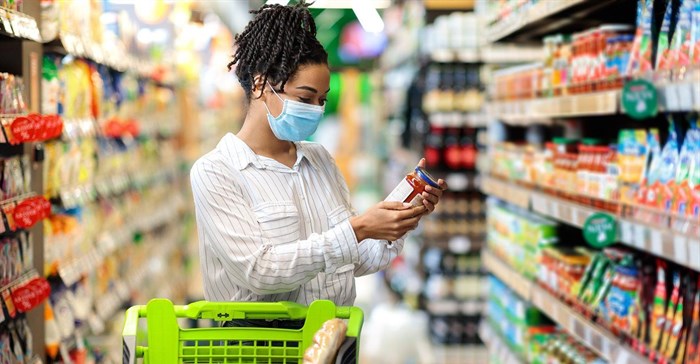South Africa's private label (PL) sector has continued its upward trajectory despite Covid-19 restrictions and an altered consumer reality driven by the pandemic.

Source: Supplied
A NielsenIQ analysis shows that the PL sector now commands 24.3% of total basket* value sales in South Africa which equates to R71bn in annual sales (12-months to end May 2021). This served to cement PL’s growth path from 2019, when its share of sales was 22.8% which rose to 23% by May 2020 and 24.6% by May 2021.
These insights stem from a new NielsenIQ client report The State of Private Label in South Africa, which provides a far-reaching view of the evolution of private label in the local market based on trended data and insights gathered over the last ten years.
NielsenIQ South Africa managing director Ged Nooy comments; “There’s no doubt that a new generation of private label ‘house’ brands have provided the impetus and created momentum in the local retail sector during one of its toughest times and most difficult trading periods.”
In terms of the origins of this uptick, Nooy stresses that the booster effect of South Africa’s initial lockdowns in 2020 should not be underestimated. “For example, in March 2020 just before South Africa’s first and highest Level 5 lockdown, stockpiling saw private label growth soaring to a peak of 27.2% in March 2021 and this strong double-digit growth was maintained throughout the second quarter of 2020. Interestingly, during this same time frame, named brands saw a decline in sales,” he reports.
Drivers of success
The big question is why has PL succeeded against all the odds? A key realisation is that these types of products are no longer the 'no name' brands of the old, which were often perceived as ‘cheap’ and of inferior quality.
Nooy explains; “What we have seen is a diversification of PL products which now range from entry-level offerings presenting high value for money, to the middle of the range solid offerings, to a new generation of premium products which represent both quality and value. This stems from more investment in the sector which has created the depth and the momentum that we see today.”
In terms of more functional reasons for PL’s growth; particularly during South Africa’s lockdowns, the NielsenIQ report found that continuity of supply was a key factor during South Africa’s lockdown periods.
This was driven by consumers’ need for quick ‘in and out’ shopping experiences, primarily due to health and safety concerns. This concern also led to a sharp decline in the number of shopping trips, which meant if products were out of stock, a shopper would only return to a store in a week or a month. Purchase opportunities were therefore far more limited and product availability was vital.
Big stock-ups at each trip also saw an increase in the purchase of larger big pack sizes once again to reduce the number of store visits. Within this context, it was manufacturers' and retailers' ability to meet this need, via an increase in the distribution and assortment of private label products, which ultimately led to the increase in value sales.
Product highlights
In terms of overarching product supergroups that have benefited from this growth, eight out of 10 continue to gain share in the short term. Amongst the many movers and shakers, Frozen Foods has seen the biggest incremental gain of R2bn in sales over the last 12-months. This was mainly driven by consumers purchasing bigger pack sizes and more products. Unsurprisingly, the fastest growing was Healthcare with sales up by 34.8% in the last 12-months.
Specific product categories that benefited from the buoyancy in PL are clearly shown by NielsenIQ Trade Desk RMS (Retail Measurement Service) with personal care private label products seeing a consistent gain in value share over the past three years. This is understandable given the massive shift to hygiene and health via products like hand sanitiser and echoed by 69% of consumers who claim to have purchased more private label personal care products compared to a year ago.
Looking to the future Nooy comments; “Private label will continue to be a very good space to play in for manufacturers and retailers alike and despite the onerous retail environment, we have identified some ‘sweet spots’ that are still up for grabs for those who have the data and insights to analyse the market and move faster than anyone else,” Nooy concludes.
* All categories PL participates in, thus excluding liquor, cig categories, etc





































